Latest News: Semiconductors

A former US security adviser said China would be able to "control the world economy" if it took over Taiwan’s chip factories

Commerce Secretary Gina Raimondo said India could key become a key electronics supplier to the US, while adding that Washington was not seeking a "technological decoupling" from China
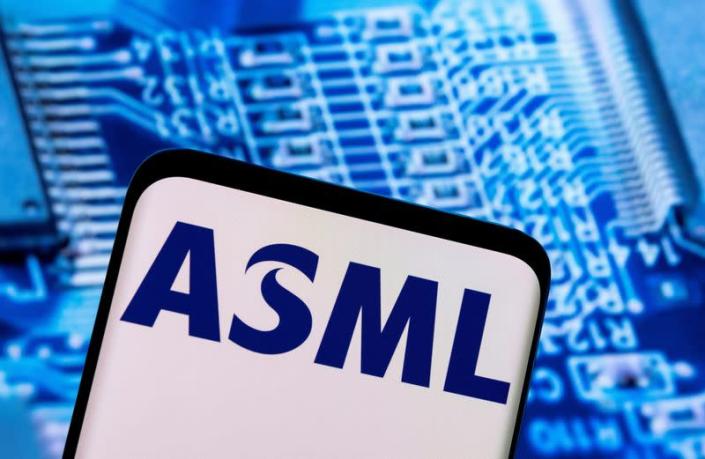
The development follows the Dutch government’s announcement that it would restrict exports of critical chipmaking technology to protect national security
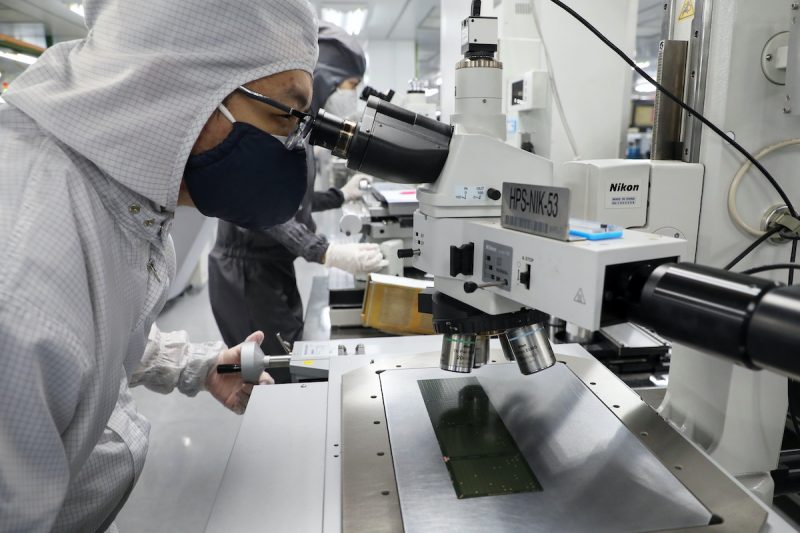
For Chinese customers, the restrictions would mean “that their ability to pursue leading-edge nodes development will be significantly curtailed," Citi analyst Amit Harchandani said

The legislation led to laws that give India's Karnataka state “one of the most flexible working regimes in India,” according to a report by the Financial Times
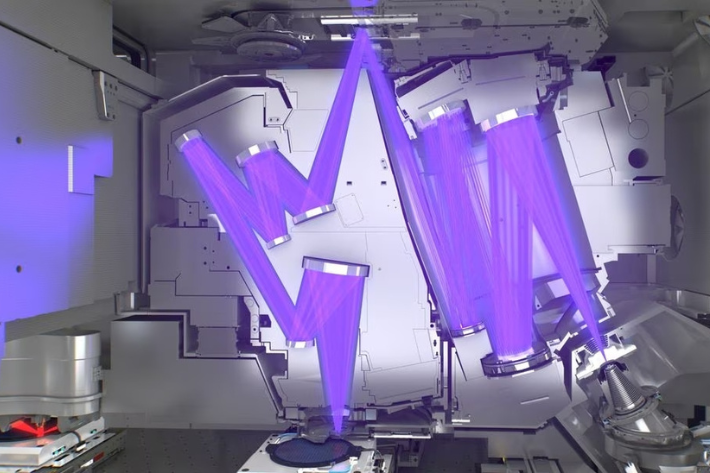
The Netherlands considers it necessary on national security grounds to get this technology into oversight with the greatest of speed, the Dutch trade minister said

Fintech firm Riskified is moving $500 million out of the country after news that business leaders shifted $4 billion abroad amid worry over the Netanyahu regime's contentious judicial reforms
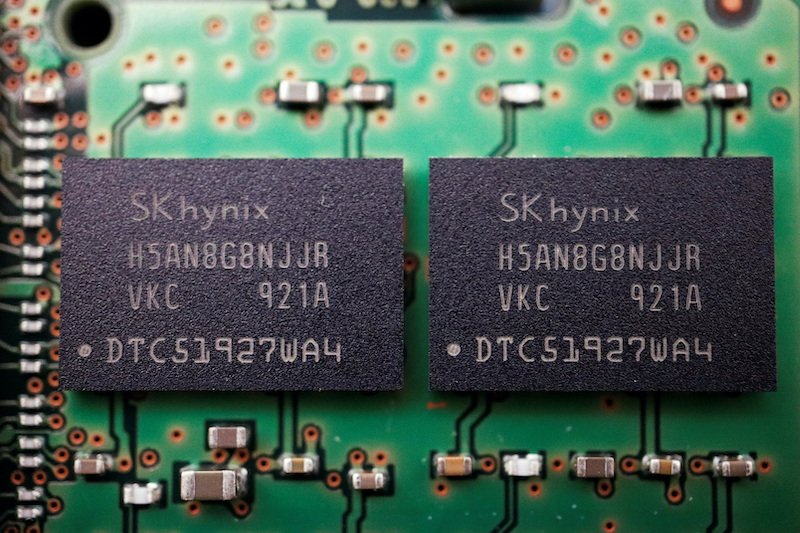
Companies winning US chips subsidies would be barred from joint ventures or expansion in ‘foreign countries of concern’ like China for 10 years
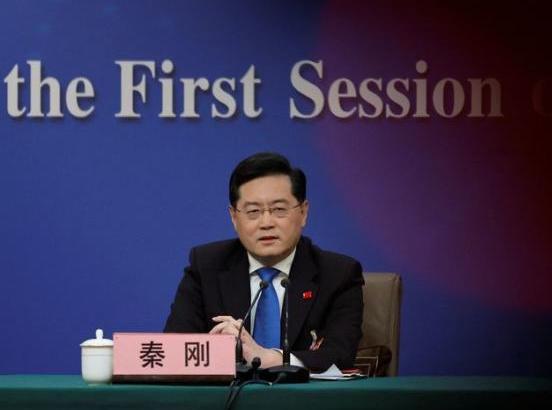
Anger simmers over threats of more sanctions, with Foreign Minister Qin Gang warning that suppressing China will end in "conflict or confrontation" if the US does not change tack
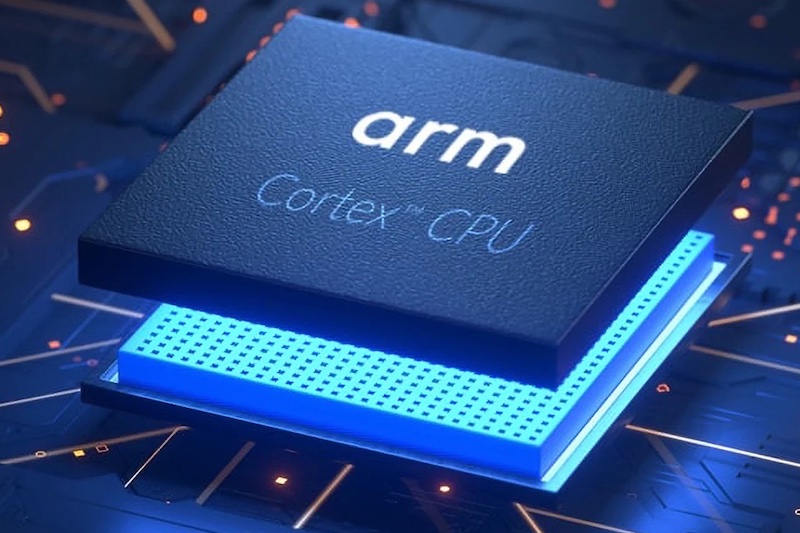
SoftBank has reportedly picked Goldman Sachs, JPMorgan Chase, Barclays and Mizuho Financial Group to lead the US listing.

Asked about new US bill to ban some foreign tech such as TikTok, China's spokeswoman said the US was trying to deprive it of developmental rights and perpetuate its own hegemony
Even with huge sums of money, unless Chinese firms can develop their own chip innovations, they may be trapped at the low end of the value chain, industry players say
AF China Bond
- Popular














